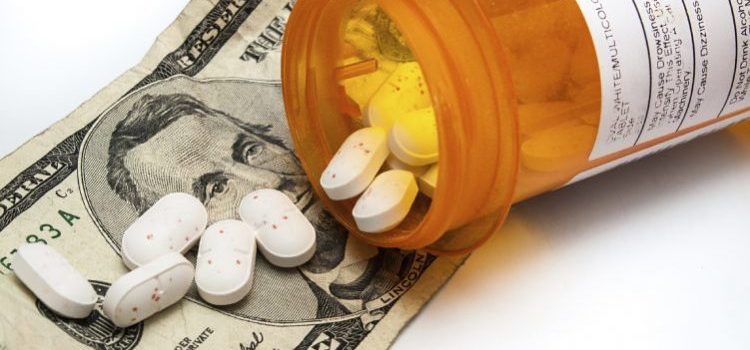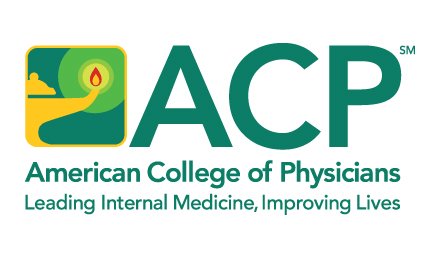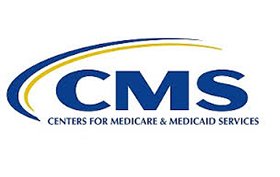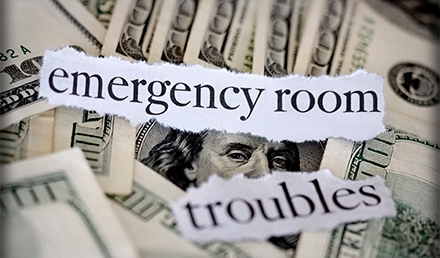Proponents say “step therapy” will save the healthcare system big money while still allowing patients the medications they need. Opponents call it “fail first” and insist that the practice of having patients try cheaper versions of prescribed medications—with insurers paying for the more expensive variety only if the cheaper drug doesn’t do the job—is a bitter pill to swallow. Some clinicians claim the practice, which in effect has insurers overriding a prescriber’s choice of medications …
Read More









